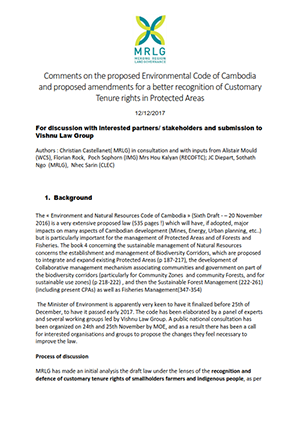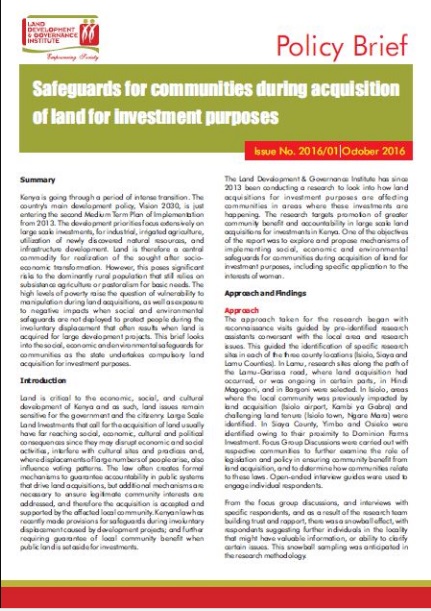Governing Tenure Rights to Commons: A guide to support the implementation of the Voluntary Guidelines on the Responsible Governance of Tenure of Land, Fisheries and Forests in the Context of National Food Security
The Voluntary Guidelines on the Responsible Governance of Tenure of Land, Fisheries and Forests in the Context of National Food Security (FAO, 2012 – referred to in this guide as ‘the Guidelines’) were unanimously adopted by the Committee on World Food Security (CFS) in 2012, with subsequent broad international recognition and support. Their strength rests on the unique inclusive and participatory process through which they were developed.





